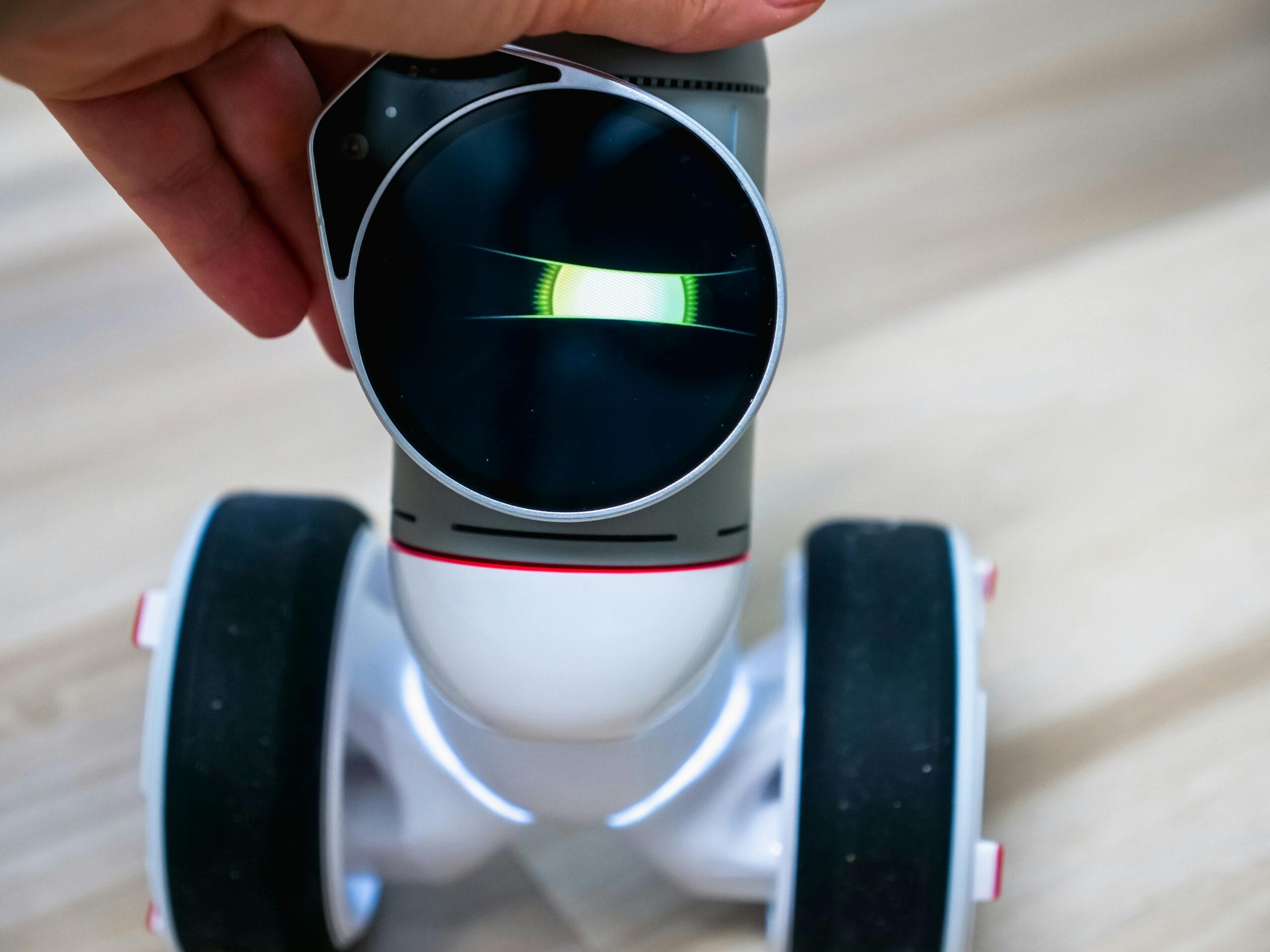INTRODUCTION

The marriage between artificial intelligence and telemedicine is changing the healthcare world. Inspired breakthroughs from artificial intelligence are steadily changing the way care reaches patients’ doors – much easier, efficient, and personalized. From dealing with an illness diagnosis to monitoring the patient’s status, artificial intelligence has also become a fundamental component in converting the quality of telemedicine services.
Telemedicine, a term for man-made intelligence

Telemedicine refers to the transmission of medical care services across distance, primarily via telecommunications technologies. It constitutes using electronic communications to provide clinical consultation, diagnosis, and treatment. It has gained good momentum over time, especially because of the Covid-19 pandemic, which had expedited its adoption.
Man-made consciousness is a subset of software engineering that deals with developing wise specialists, which are frameworks that can reason, learn, and act independently. Simulated intelligence involves numerous innovations, including AI, normal language handling, and PC vision.
The Combination of computer based intelligence and Telemedicine

Combining computer based intelligence and telemedicine have several benefits, among others.
Improved Indicative Accuracy: AI powered computations can analyze clinical images, such as X-rays, CT scans and X-rays with increased accuracy than human experts. This can result in earlier detection of diseases and stronger treatment.
Improved Patient Monitoring: AI-enabled smart wearables and sensors can monitor patients’ vital functions continually, which can lead to the detection of medical issues at an early stage and proactive interventions.
Personalized Treatment Plans: AI can analyze large volumes of patient data to develop personalized treatment plans based on individual needs and preferences.
Efficient Emergency: AI emergency systems can focus on patients on the basis of the severity of their conditions; critical need patients will be given urgent care.
Virtual Discourses: artificial intelligence can collaborate with virtual consults between patients and medical services suppliers, reducing the need for face-to-face visits and further developing access to care.
Key Applications of artificial intelligence in Telemedicine

Distant Patient Monitoring: artificial intelligence-based wearable devices and sensors can collect and analyze patient data, including heart rate, blood pressure, or glucose. These data can be transferred to medical services providers for monitoring and intervention.
Clinical Picture Analysis: Machine learning computations can take clinical pictures and detect abnormalities, making diagnosis easier. For instance, artificial intelligence can be used in determining cancers in mammograms or identifying fractures in X-rays.
Remote assistants: Simulated intelligence in control of assistants can present information to patients regarding their health, respond to queries, and schedule appointments.
Creative Research: AI can use actual facts to predict future health outcomes, taking into account chances of early intervention and prevention of diseases.
Drug Discovery and Development: AI can accelerate drug discovery and development exponentially of data to identify potential drug targets and promote the generation of drug candidates.
Challenges and Considerations

Despite all the advantages of artificial intelligence in telemedicine, there are challenges that arise:
Information Protection and Security: The infusion of artificial intelligence in telemedicine means the existence of sensitive information about patients that must be harvested and processed. Thus, information protection and security are imperative.
Ethical Concerns: The deployment of artificial intelligence in healthcare is accompanied by a number of ethical concerns, including computer-based biases and loss of patient autonomy.
Organizational Framework: A well-identified organizational framework is most probably going to be in place for computer-based intelligence on applications for telemedicine and ensure safety and quality of care for the patients.
The Future of Artificial Intelligence in Telemedicine

One day, the future looks bright for computer-based intelligence in telemedicine as innovations in man-made intelligence continue to make strides, and we have to witness even more creative applications in healthcare. Some of the possible future developments are:
Medical procedure: artificial intelligence may be used to operate robots in performing procedures by simulated intelligence controlling robots for better accuracy and precision than human specialists.
Early illness location with artificial intelligence: artificial intelligence can be applied to identify sicknesses at an earlier stage, when these sicknesses are progressively curable.
Synthetically intelligent guided personalized medication : AI should allow it to make possible the creation of personalized plans of treatment with unmatched accuracy, tailored to an individual’s unique genetic and medical profile.
Conclusion
Computer-based intelligence is revolutionizing telemedicine, moving it to greater openness, efficiency, and effectiveness in medical care services. Artificial intelligence is involved in tackling the challenges associated with medical care delivery in the 21st century through demonstrative precision, enabling check understanding from a distance, and offering tailored treatment programs. Even more creative applications likely to be developed are those that would assist patients and medical services providers.

